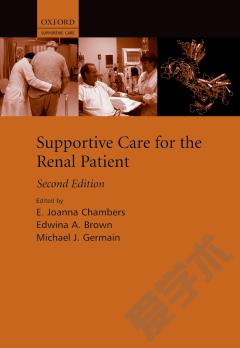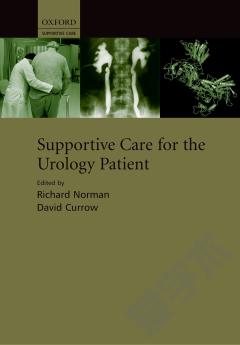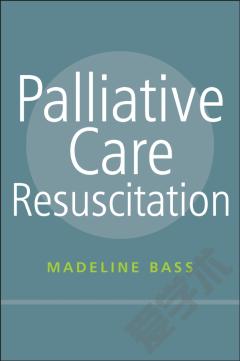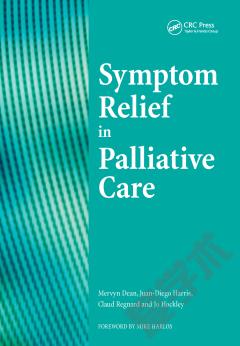Supportive Care for the Renal Patient
This review summarizes the major topics discussed at a recent meeting âSupportive Care for the Renal Patientâ held in London, and the first such meeting to bring together nephrologists, renal nurses, renal counsellors, psychologists, social workers, and palliative care physicians and nurses to discuss improving the quality of care at the end of life in renal failure. An increasingly elderly population with renal failure The management of patients with end-stage renal disease (ESRD) is changing. The average age of patients starting dialysis is increasing, and an increasing proportion of patients are now over 75 years of age. In the UK Renal Registry, almost 20% of patients starting dialysis were between 75 and 84 years old in 2001 [1]. These demographic trends have led more patients and doctors to ask whether everyone benefits from dialysis, whether resources are required to support other interventions and what additional support patients might reasonably need to maintain a high quality life in the face of renal failure. This is clearly a huge change in the nature of nephrology from the 1950s, when dialysis emerged as a life-saving therapy for renal failure. Not unexpectedly, older patients have poorer survival on dialysis. In the North Thames Dialysis in the Elderly study, 50% of patients over the age of 80 years had died in 12 months, compared with 20% of those between 70 and 74 years old [2]. Older patients with renal disease have increasing prevalence of co-morbidities; for example, the prevalence of ischaemic heart disease doubles between the age of 45 and 80, body mass index falls by 20% and serum albumin falls. Measures of quality of life based on physical functioning in this population are significantly worse than for an age-matched population without ESRD, but, importantly, measures of mental quality of life are unchanged as patients cope with physical decline. Thus the balance emerging is to provide life-sustaining therapy (dialysis) to all who might benefit, but ensuring that quality of life is a fundamental outcome measure, not simply weeks or months of life gained.
{{comment.content}}








 京公网安备 11010802027623号
京公网安备 11010802027623号